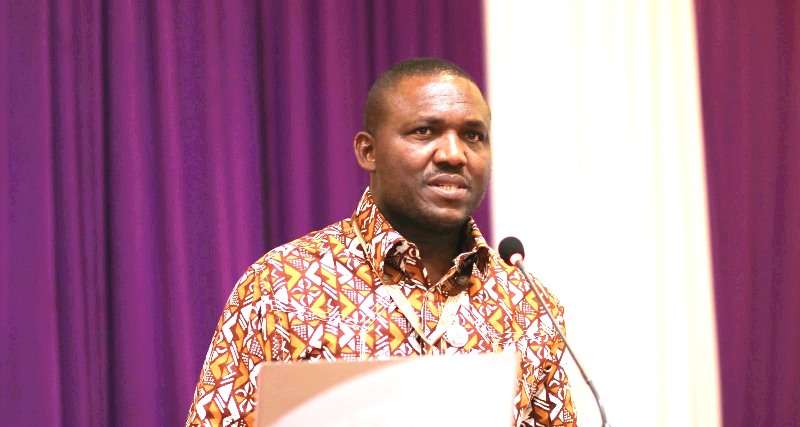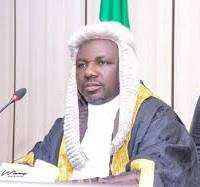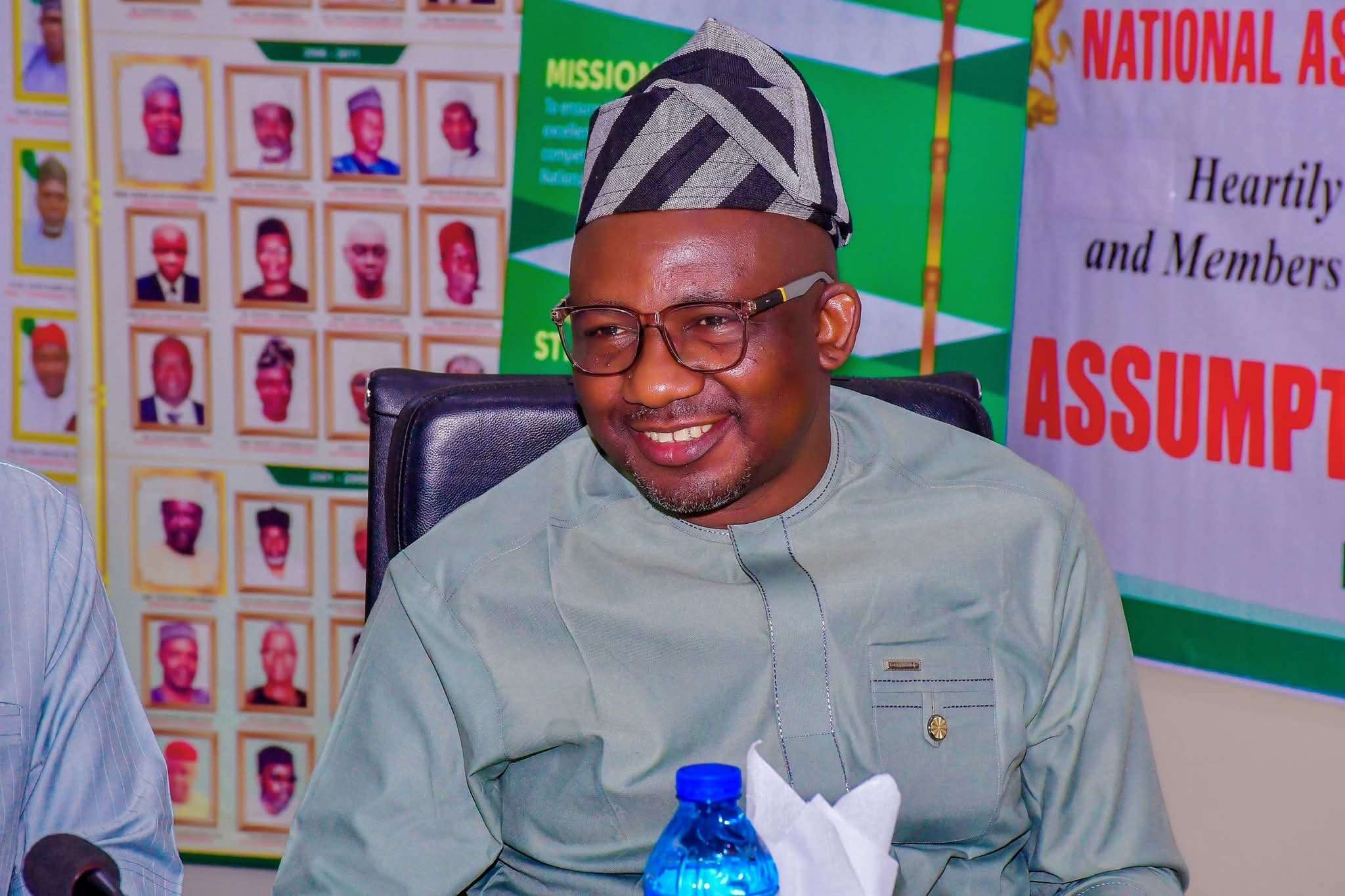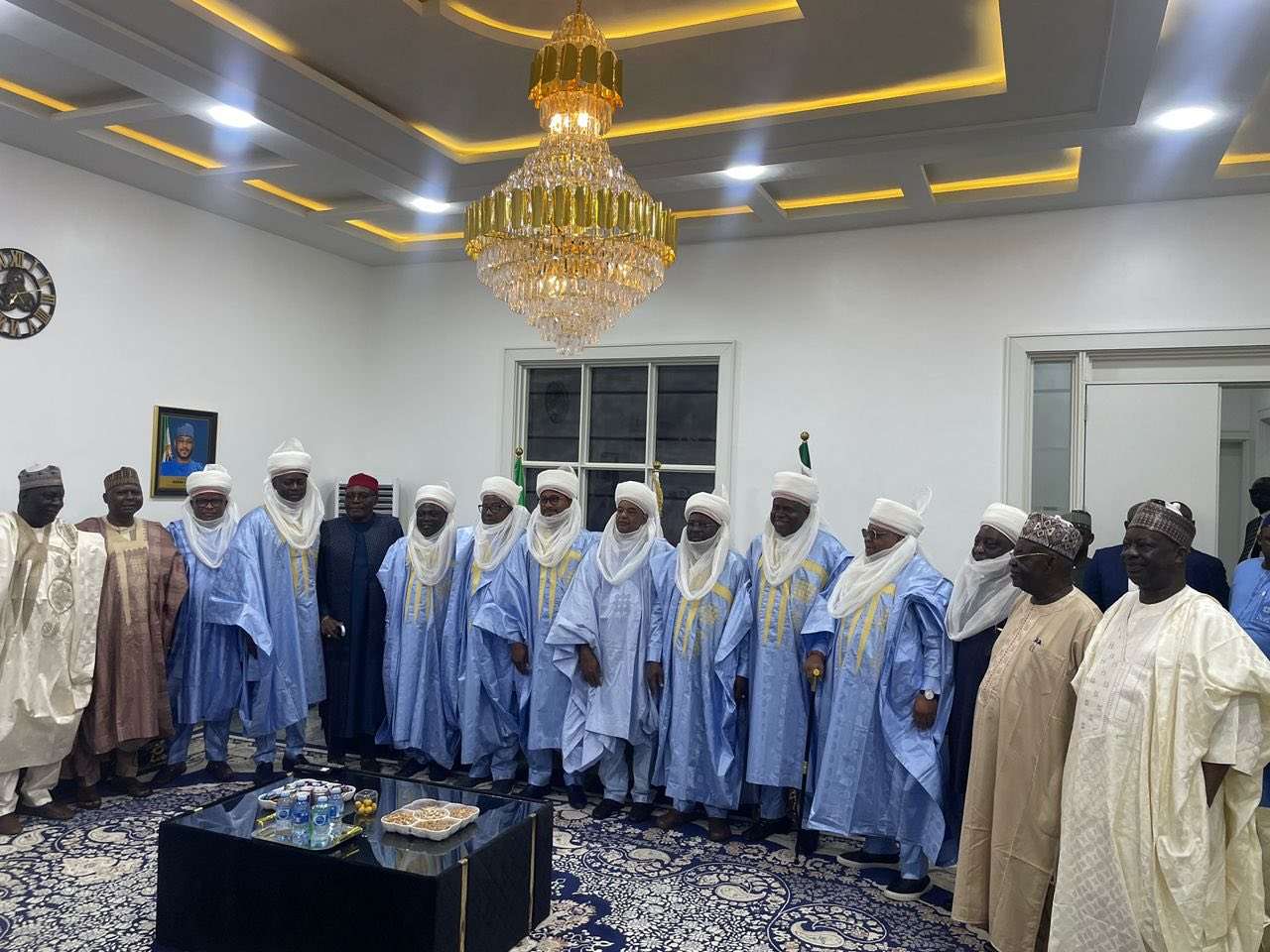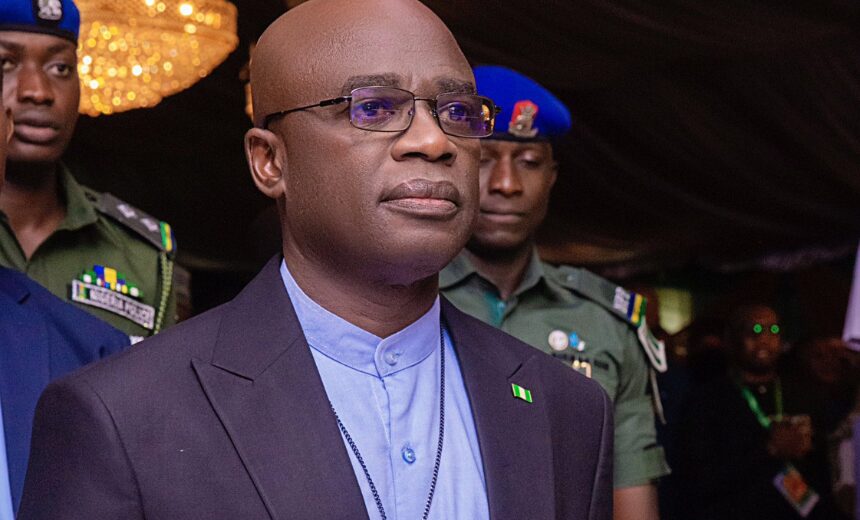A Professor of literature and Commonwealth Award Winning Author, Maria Ajima, has described Nobel Prize winner Professor Wole Soyinka as one of the pioneer writers in Nigeria that formed the Mbari Writers and Artists Club at the University of Ibadan.
Ajima who is also the author of Soft Wings called on the young Writers in Benue and beyond concentrate in writing and promoting the African values and the ills in the society, noting that it is from such originality that a writer gains global recognition.
“I think Mbari Writers was the first major indigenous literary movement in Nigeria or in Africa, I say, so because some of them were writing and copying the European model of writing, while others, that is people like Christopher Okigbo, they were following the European mode of writing, while people like Wole Soyinka, even though they wrote in English, they were using their local imagery,” she noted.
“For example, you discover that the central imagery in Wole Soyinka’s poetry is the Yoruba god Ogun and Shango, the Iron God of the Yorubas. So, he employed these Yoruba imagery in his writings and that made his writings very significant because he started giving pride of place to African culture and African tradition and that is what also made him come into limelight in the literary world because people were affected by his writings and they were drawn close to his literature because he familiarized the African culture in his literary works,” she added.
Commenting, the immediate past Chairman of Association of Nigeria Authors ANA, Benue State Chapter, Paul Ugah, said the celebrant has paid his dues in literature while encouraging creative writers to take opportunities on the different genres and contribute in the current dispensation, describing the works of Soyinka.
“Professor Soyinka is a great name in Nigeria, Africa and the international community. He has paid his due in terms of writing and the new generation writers have been looking on to him because of his outstanding writing, he’s one of the old generation writers that is still living with us and we look onto him as an ancestor.
The author of Midnight Cry further reiterated that though there are many challenges in 21st century writing, noted that other Nigerian writers have done well in advancing the traditional African settings, thereby enriching their literally works.
On his part, Maik Otserga and author of Memories Gate, eulogised Wole Soyinka as the first black man to win the Nobel Prize in 1986, noting that his activism over the years has put the Nigerian government on its toes to address issues of corruption, bad governance and other issues in the past administrations.
“When Nigeria was preparing for independence, he saw the independence as a sham. He saw it as the leaders were not adequately prepared for that kind of task. And his play, A Forest of Flowers, did justice to that”. Otserga said.
“When people were celebrating, he rather condemned what he was seeing. And for being a major voice in activism, he has been to prison so many times, which has not deterred him. It was numerous prison sentences that made him write the poem Abiku. And Abiku was talking about the cycle of prison that he has been held in”.
He called on the present generation to take over from Professor Soyinka’s legacy through writing, activism, and be outspoken on the current issues of governance in the country.

